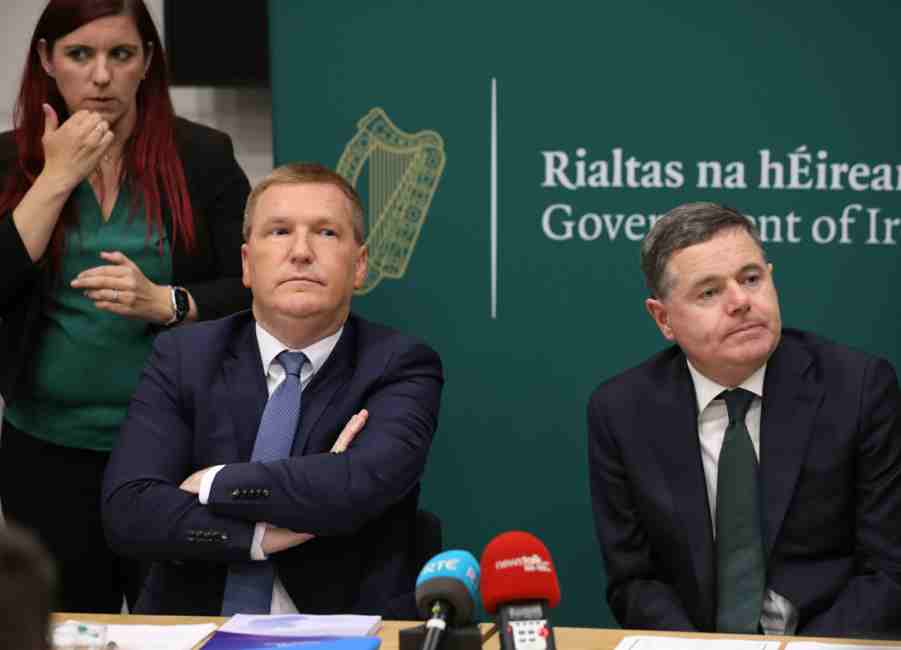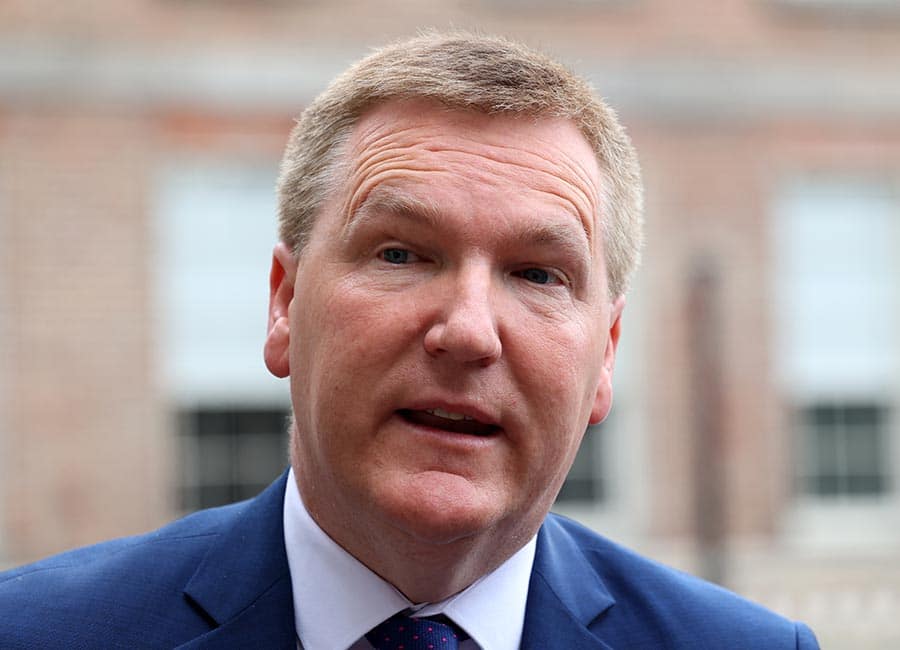Finance minister Michael McGrath has sanctioned the transfer of €4bn from the Exchequer’s Central Fund into the National Reserve Fund (NRF).
The theory is that if these funds are moved out of the Exchequer then politicians can’t spend the money on profligate public spending. However, that hasn't been the case to date.
The minister said the transfer means that €6bn has been transferred to the NRF in total.
The National Surplus (Reserve Fund for Exceptional Contingencies) Act 2019 which established the National Reserve Fund was commenced on 31 October 2019.
The Fund was subsequently seeded with a €1.5bn transfer from the Ireland Strategic Investment Fund on 15 November 2019.
However, €1.5bn was withdrawn in October 2020 to fund the government’s pandemic response.
The 2019 Act mandated the Minister for Finance to transfer from the Central Fund €500m into the NRF in each of the years 2019, 2020, 2021, 2022 and 2023. No transfers were effected between 2019 and 2021.
In a catch-up move, in September 2022 the Dáil approved a motion to transfer €1.5bn in 2022 and €3.5bn in 2023 to the NRF.
Commenting on the transfer, Minister McGrath said: “The government has committed to putting aside additional resources from excess corporation tax receipts to prepare the public finances for future challenges.
“Recent history has taught us that we must also be prepared for unforeseen challenges, which are becoming more frequent and increasingly impactful.

"Today’s transfer comes after the €2bn transfer made in 2022 and brings total transfers to the NRF since budget night 2022 to €6bn. This means that the NRF will have a strengthened position to respond to the type of unforeseen challenges that the fund was established to deal with in 2019."
The money shifting is possible because the government is levying much more taxation on taxpayers than it needs to spend on public services and other activities.








